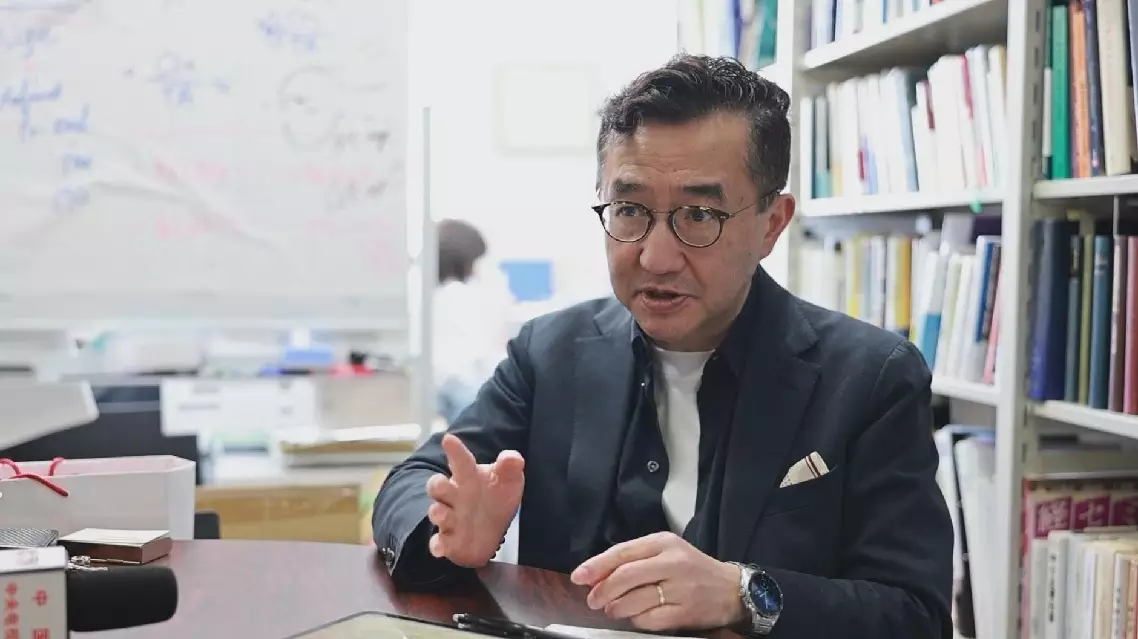Scholars and officials from around the globe have called on countries to reduce their dependency on U.S. dollar by diversifying reserve currencies in their baskets following the Federal Reserve's announcement of a 0.5-percentage-point interest rate cut.
The U.S. Federal Reserve on Wednesday slashed interest rates by 50 basis points amid cooling inflation and a weakening labor market, marking the first rate cut in over four years.
This signals the start of an easing cycle. Starting from March 2022, the Fed had raised rates consecutively for 11 times to combat inflation not seen in forty years, pushing the target range for the federal funds rate up to between 5.25 percent and 5.5 percent, the highest level in over two decades. As the dollar has become a financial weapon of the U.S., whether a tightening cycle or an easing cycle that the Fed kicks off, it would bring a lot of turmoil to the world economy, said the experts.
"I think the world has actually been hit a lot in the recent years by the appreciating U.S. dollar, which in recent times has reached all time high over 20 years. All time high, countries will have to spend more money to buy U.S. goods and services. It also affects the cost of borrowing from other businesses in the world. So, in the double way, I think the world has been hit. When suddenly, they want to lower the interest rate, the world is now actually caught in this very high level of frustration. Businesses just don't know what to do. So I think, in essence, what is very important, what is very important is that countries in the world will have to reduce their dependence on the U.S. dollar, especially in Asia. We have to diversify their currency dependency, perhaps moving to Asian currencies, perhaps moving to a basket of currency that's less heavily weighed on the U.S. dollar," said Lawrence Loh, director of the Center for Governance and Sustainability at the National University of Singapore.
"The United States Federal Reserve's interest rate cuts, it brings shock to the economy, and especially developing countries that have been coming out from the COVID-19. For many years, the dollar has been weaponized by the United States against the developing nations, including Africa and all other developing countries. So therefore, that weaponization is what Africa must resist with alternatives to trade in our own local currencies," said Tshilidzi Bethuel Munyai, a member of the National Assembly of South Africa.
Ignacio Martinez Cortes, a professor of international relations at the National Autonomous University of Mexico, called on developing countries to enhance domestic markets and stabilize their economies as the Fed's interest rate cut may lead to a currency run.
"Following the Fed's interest rates cut, the U.S. economic growth will accelerate, which in turn will trigger a run on the currency. I think when the Fed cuts interest rates, it will trigger a run on the U.S. dollar. In this case, what they (developing countries) need to do is to strengthen the internal market and achieve economic stability by expanding domestic demand," he said.

Experts urge less dependence on USD to offset Fed interest rate cut

Experts urge less dependence on USD to offset Fed interest rate cut





















































